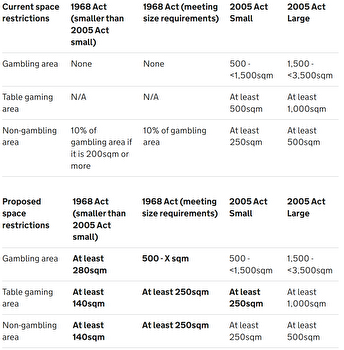Gambling Commission survey warns of overspending risk in cashless payments

However, the regulator also suggested, following the results, that an app to record cashless payments and allow operators to intervene if necessary could reduce any potential risk of harm from cashless gambling.
The online survey, which was conducted by 2CV, was taken by 314 land-based gamblers who had gambled in the last 12 months as part of the Gambling Commission’s ongoing research campaign, Consumer Voice.
It found that 85% of participants thought that making a cashless payment, such as debit card or a mobile contactless payment, made it easier to spend more money than was first intended. Some 77% of those surveyed reported that cashless payments made it easier to spend more time on gambling.
Further, 68% reported difficulty in taking stock of their total spend after using cashless payments, while only 47% said they found it easy to keep track of spending. 70% reported that paying for gambling activities with cash makes it easier to set personal limits on spending.
In addition, 37% of respondents said they would spend a little more than intended when using a contactless card payment, and 13% reported that they would spend a lot more than intended. However, with cash payments, only 9% of participants said they would spend a little more than intended while 1% said they would spend a lot more.
The survey also revealed that cash is the most common method of payment land-based gambling activities, such as slots, with 77% of respondents using cash over card payments.
In response to the findings, the Gambling Commission suggested that it could be beneficial to create an app that would track gambling activity in customers and intervene when necessary, while facilitating cashless payments. 22% of participants said they would be happy to pay for gambling through an app that allowed gambling companies to access and track their information, while 33% said they would not, with concerns around privacy.
Use of cashless payments – which are currently not allowed for land-based gambling in the UK – is one area that the UK government is currently examining in its Gambling Act Review.
Earlier this week, the Gambling Commission released a survey revealing that 34% of players were influenced to gamble through marketing in the last year.
































